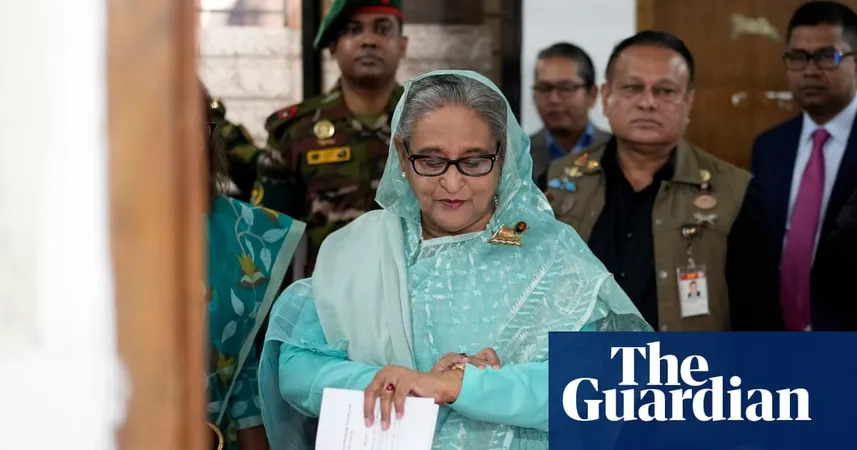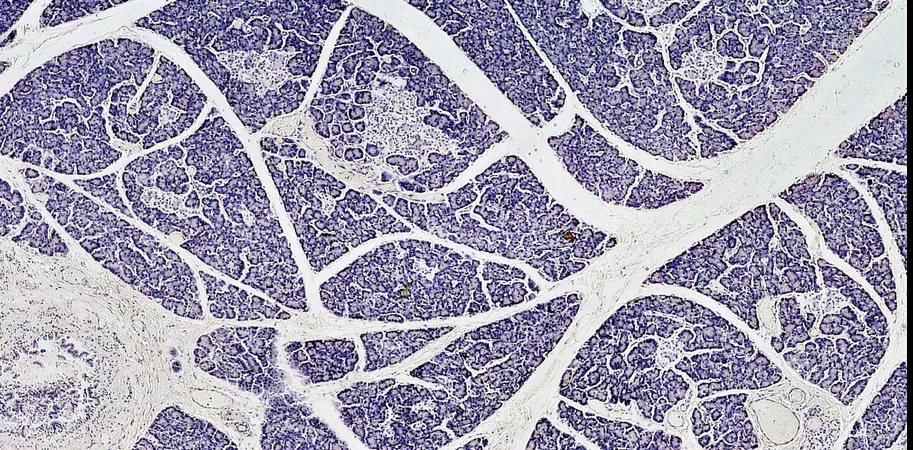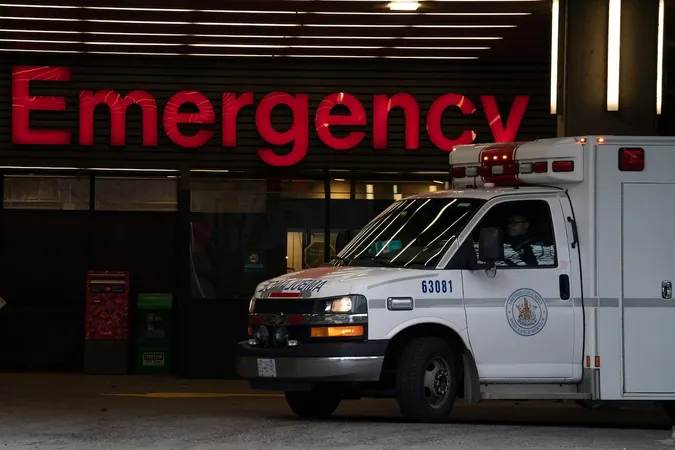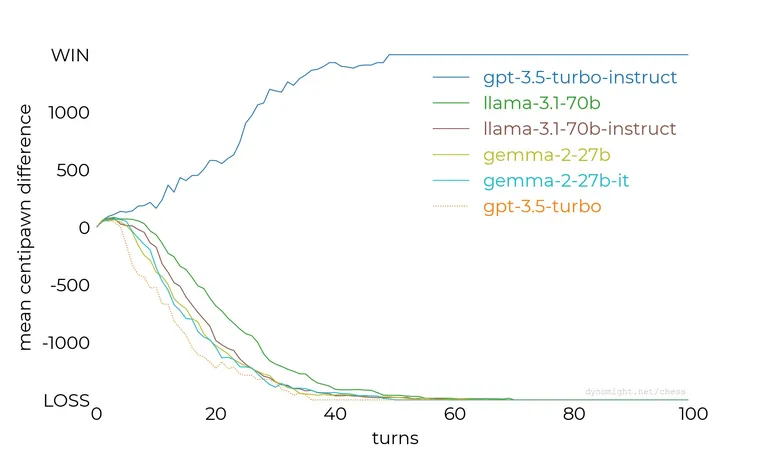
Bangladesh Demands Extradition of Ousted Prime Minister Sheikh Hasina from India: A Nation's Reckoning Begins
2024-11-18
Author: Amelia
Introduction
In a dramatic turn of political events, Bangladesh’s interim leader, Muhammad Yunus, has announced that the government will seek the extradition of former Prime Minister Sheikh Hasina, who is facing numerous serious charges, including crimes against humanity.
Background on Hasina's Oust
Hasina, who led Bangladesh with an iron fist for 15 years, was abruptly ousted during a student-led revolution in August. Following her dramatic escape via helicopter amidst chaotic protests that stormed the presidential palace, Hasina sought refuge in India. Since her flight, a new interim government led by Yunus, a Nobel laureate and prominent economist, has taken charge with a focus on restoring democracy and reforming the country.
Government's Stance and Extradition Plans
In a recent speech commemorating 100 days in office, Yunus confirmed plans to bring Hasina back to Bangladesh to stand trial for a slew of allegations that include corruption, murder, and crimes against humanity. His remarks made it clear that the government aims to start judicial proceedings as they investigate the previous regime's abuses.
“The ousted autocrat must be brought to justice. We will seek her extradition from India,” Yunus declared, emphasizing the resolve of the interim government to tackle the legacy of violence and corruption that stained Hasina’s administration.
Legal Proceedings and Arrest Warrant
Adding to the gravity of the situation, prosecutors issued an arrest warrant for Hasina earlier this month and announced plans for an Interpol red notice. Many of her allies have fled the country, while those who remained have been arrested in connection with the violent crackdown on dissent during the summer uprising.
Human Rights Violations Under Hasina's Rule
Yunus highlighted that the new government has initiated measures to hold accountable those responsible for severe human rights violations, enforced disappearances, and mass killings during Hasina's rule. Reports suggest that over 3,500 individuals were victims of enforced disappearances, with many never to be seen again. Yunus stated that the death toll during the uprising could exceed 1,500, as police brutality was rampant, with orders to shoot protesters on sight.
Call for Public Patience and Future Elections
In an urgent plea, Yunus called for public patience as the interim government embarks on significant reforms to secure democratic processes and prevent autocracy from rising again. "We will hold a much-anticipated election as soon as the necessary reforms are in place. For this, we need time to build a system that withstands the test of time," he promised.
Diplomatic Tensions with India
However, the request for extradition is expected to stir diplomatic tensions with India, where Hasina has been living in safety. The Indian government's decision to shelter her has infuriated many in Bangladesh, who accuse her of using her position in India to undermine the current interim government's efforts.
Conclusion
As preliminary hearings of a special tribunal commence this week to investigate alleged crimes by the Hasina government, the nation watches closely, poised for justice and accountability after years of oppression. The road to restoring democracy is fraught with challenges, but the interim government assures that they are steadfast in their commitment to hold those responsible for atrocities accountable.
With the political climate still buzzing with tension and the streets restless for change, one thing is clear: Bangladesh is at a critical juncture in its quest for justice and reform. Will the extradition become a catalyst for true healing, or will it deepen the fissures between neighboring nations? Only time will tell as this complex saga unfolds.









 Brasil (PT)
Brasil (PT)
 Canada (EN)
Canada (EN)
 Chile (ES)
Chile (ES)
 España (ES)
España (ES)
 France (FR)
France (FR)
 Hong Kong (EN)
Hong Kong (EN)
 Italia (IT)
Italia (IT)
 日本 (JA)
日本 (JA)
 Magyarország (HU)
Magyarország (HU)
 Norge (NO)
Norge (NO)
 Polska (PL)
Polska (PL)
 Schweiz (DE)
Schweiz (DE)
 Singapore (EN)
Singapore (EN)
 Sverige (SV)
Sverige (SV)
 Suomi (FI)
Suomi (FI)
 Türkiye (TR)
Türkiye (TR)